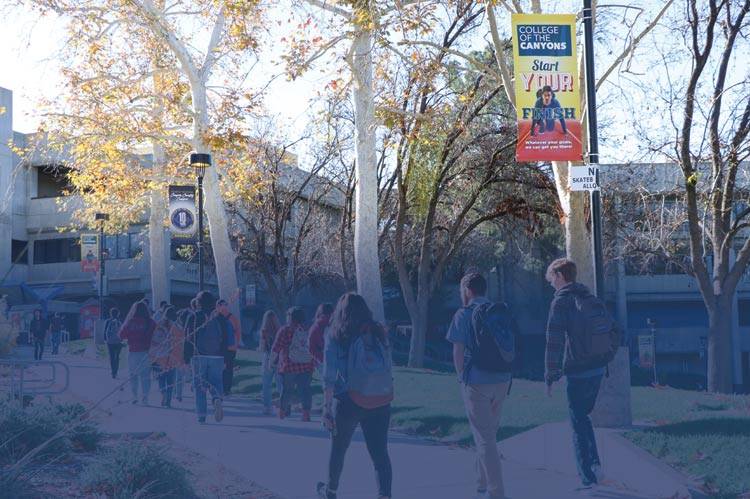Reduce Reuse Recycle Info Page
THE THREE R'S:
Three great ways to practice cutting back on the millions of tons of garbage and waste that we humans produce each year. Waste is anything we throw away or get rid of that doesn't get used. On a yearly basis, Americans throw away 50 billion food and drink cans and 29 billion glass bottles and jars. More than 30% of our waste is packaging materials. According to the US Environmental Protection Agency, Americans produced 4.4 lbs. of trash per person, per day in 2012. Where does it all go? Some 85% of our garbage, much of which is not biodegradable, is sent to landfills where it can take centuries to decompose. The Three R's can make a big difference in improving the environment and making the earth a healthier and more beautiful place by helping to conserve natural resources, landfill space and energy.
REDUCE:
The best way to reduce waste is to avoid creating it in the first place. This is really easy to do:
- Buy & Use Less - buy only what you need and use all of what you buy.
- Make Wise Package Selections - select products that are not wasteful in their packaging. Purchase products in materials that can be readily recycled.
- Buy in Bulk - avoid single serve containers. Many stores allow shoppers to scoop out the needed amount of bulk goods like nuts or coffee. This reduces waste and packaging materials considerably.
- Use Durable Items - rather than disposable items whenever possible. For example, select reusable razors rather than the disposable ones that you only use a few times.
- Say NO to Junk Mail! Call toll-free numbers in unwanted catalogs and ask to be removed from mailing lists. Use the internet to pay bills and obtain news catalogs, financial reports and other information that usually comes to your house in paper format.
Interesting Fact: It takes 400-500 years for a Styrofoam cup to decompose. It takes six months for an orange peel to decompose.
REUSE:
Rather than throwing things away, try to find ways to use them again or pass them on to others who might use them. Remember, one man's trash is another man's treasure! Here are some examples of reuse:
- Use Cloth Tote Shopping Bags - refrain from making the plastic or paper choice. Tote bags can be used over and over again.
- Reuse Disposable Plastic Items - such as utensils, cups & plates. Wash and reuse them whenever possible.
- Reuse Containers - such as coffee cans and shoe boxes. Use your imagination and store things in them.
- Sell Old Appliances, Toys, Clothes and Furniture - have a garage sale or donate them to charity.
- Reuse Garden Trimmings & Food Residuals - save in a bin to make compost that can be used as a fertilizer.
- Find Another Use For An Item - old bath towels can be cut down into rags for cleaning.
Interesting Fact: More than 30 million trees are cut down to produce a years supply of newspapers.
RECYCLE:
Recycling is the process of taking a product at the end of its useful life and using all or part of it to make another product. The internationally recognized symbol for recycling includes three arrows moving in a triangle. Each arrow represents a different part of the recycling process, from collection to re-manufacture to resale. Help the environment by looking for the recycling symbol when you purchase new materials.
Your recycling mission is not impossible. Many of the products we use every day can be recycled. An aluminum can that is recycled today will be back on the grocery shelf in about 90 days. Here is a list of things you may be able to recycle:
- Aluminum cans
- Cardboard
- Electronic equipment
- Glass
- Magazines, Paper & Newspapers
- Metal
- Plastic Bags
- Yard Waste (leaves & grass)
Interesting Fact: Recycling one glass bottle or jar saves enough electricity to light a 100-watt bulb for four hours.
SUMMARY:
We all understand why effective waste management is so important. The waste we create has to be carefully controlled to be sure that it does not harm the environment and our health. To learn more about guidelines, workshops, incentive programs and services the City of Santa Clarita has to offer regarding reusing and recycling, please visit www.greensantaclarita.com.

 My Canyons
My Canyons  Canvas
Canvas 
